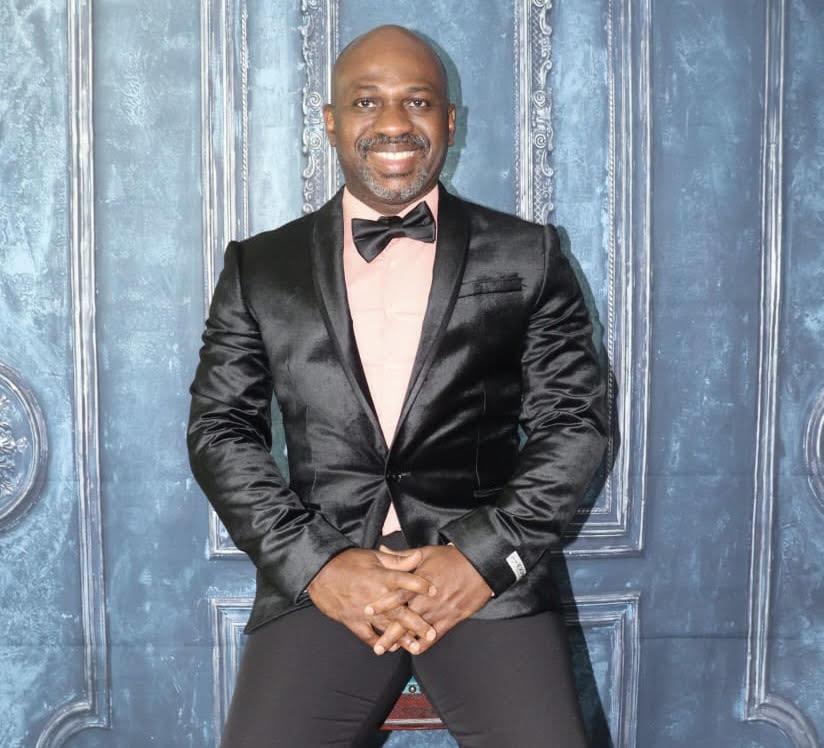On the occasion of World Mental Health Day, today, October 10, 2021, Dr. Segun Akinwotu, a mental health expert, speaks on the rising cases of mental health, and the need for the Nigerian government to commit more time, resources, and personnel to stemming the tide.
.What is your assessment of the mental health situation of Nigerians, and how much of a challenge does this pose to the country’s
wellbeing?
The Mental Health situation in Nigeria can be said to be a precarious one. It also seems to be getting more unstable. So many factors determine our mental health statuses such as individual opportunities to thrive, our personal views of our position in terms of self-actualization, and an enabling environment that supports our quest to achieve the best.
Families are struggling to make ends meet, insecurity has been a big challenge for the entire nation and the economic climate has been unpredictably unstable. Nigerians now live with anxiety, misery, and despair. If our citizens have been so badly affected physically, socially psychologically, then our nation can be said to be in a delirious state requiring urgent attention.
The theme for this year’s event as set by the World Federation for Mental Health is “Mental Health in an Unequal World,” to what extent
has the COVID-19 pandemic and the resulting economic uncertainty worsened the mental health of Nigerians?
The COVID-19 pandemic has affected many nations adversely with the developed ones not also spared. The approach adopted by several nations towards handling the pandemic itself and the government’s effort to cushion the impact of the pandemic on the citizens made so much difference in nations across the world. The Nigerian government made a good attempt to curtail the COVID 19 menace, but it is believed that they could have done better to buffer the negative impact of the pandemic through some economic relief incentives for Nigerians.

The loss of relatives, friends, and colleagues to death by COVID-19 infection, the long periods of lockdown, the uncertainties about who next is going to be snatched away by this novel disease, the associated financial downturns, loss of jobs, people becoming more solitarily confined, and underachievement in various endeavors all contributed to the worsening mental health indices of Nigerians since COVID-19 happened to us in 2020.
If the World Health Organisation’s claim that one in four Nigerians (about 50 million people) are suffering from some sort of mental
illness, are you satisfied with the level of attention given the malaise by government, especially in view of its impact on
productivity?
It is true that studies show that one in every four Nigerians has some form of mental health challenge. I believe that the government must do so much more to improve the situation. A significant number of those affected by these conditions are the youth who constitute the backbone and strength of the productive economy in any nation.
Why are mental health issues not taken seriously by Nigerians even though there appears to be a rise in caseloads?
With the prevailing harsh economic climate and unbearable living conditions in the country, mental health cases have been consistently on the rise. A great challenge is the false perception of some Nigerians that mental illness is due to spiritual causes or evil spirits and the solution only lies in the hands of spiritual men or herbalists. This is a grave misconception that needs to be corrected for us to have better outcomes in the management of mental health problems.
We, therefore, need to create more awareness among Nigerians by enlightening our leaders and citizens through concerted sharing of evidence-based scientifically proven information about contemporary mental health facts and figures. Mental health policies need to be reviewed, so advocacy to the legislative chambers across the country is of crucial importance.
What are the early signs that one may need to seek medical attention?
Mental illness can simply be described as a thought disorder that manifests in an unusual way of talking or behavior. The change in behavior may be gradual or sudden. These include feeling sad, keeping to self, refusal to eat, poor sleep, undue suspiciousness, making false accusations, aggressive behavior, threatening suicide, suicide attempt, excessive alcohol, poor personal care, lack of motivation to achieve anything, and much more are symptoms that requires seeking mental health services. The earlier health care attention is sought, the better the prognosis or health outcome. These conditions are treatable like other chronic illnesses, and they can remain stable if compliant with the treatment.
Considering the rising number of cases, are there enough psychiatrists to take care of the country’s psychiatric needs?
It is imperative to mention that we have inadequate mental health experts. Psychiatrists, pharmacists, psychologists, nurses, social workers, occupational therapist who make the mental health team are not enough to meet the number of Nigerians who need their services. This has become worse in the last year due to the mass migration of these specialists to other countries for better remuneration, improved social welfare, and ideal healthcare services delivery conditions.
Dr Akinwotu, a mental Health expert, is the Past President, ARD, FNPH, Yaba, Lagos.

















